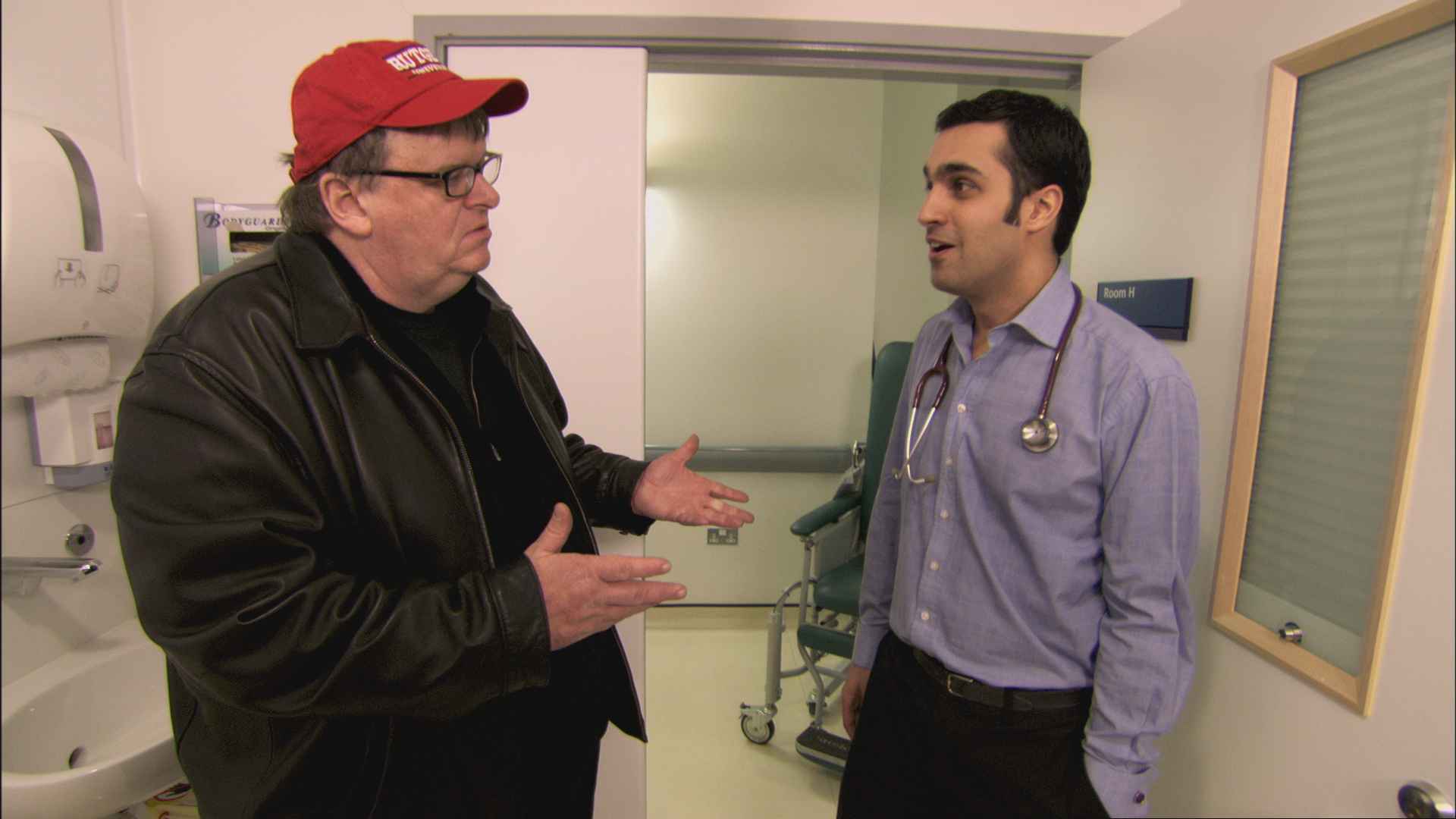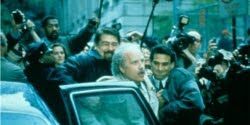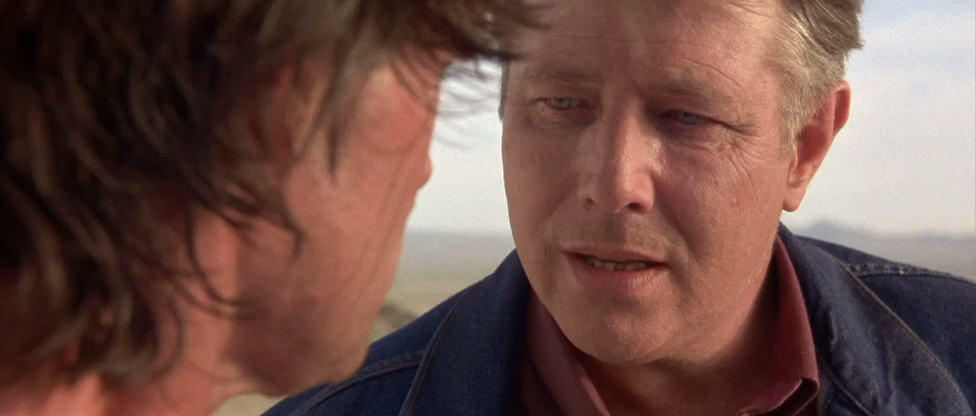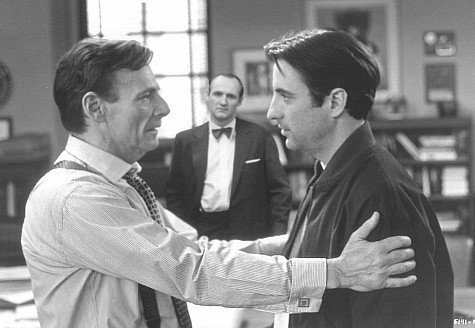From the Chicago Reader (June 29, 2007). — J.R.

SICKO ***
DIRECTED AND WRITTEN BY MICHAEL MOORE
One of the standard charges leveled against Michael Moore’s Fahrenheit 9/11 (2004) was that it was preaching to the converted. I don’t think this is entirely true: Moore credits himself with helping to turn this country against the war in Iraq, and if we look at when the opinion polls started to shift, his claim doesn’t seem entirely unwarranted. The sad fact is that his screed scored in part because it delivered some basic facts about the aftermath of 9/11 that the mainstream news media had failed to put across.
For better and for worse, Moore’s Sicko scores for similar reasons. It spends more than two hours attempting to preach to the unconverted that (1) this country’s health care system is a disgrace, especially when it comes to medical insurance, and that (2) it could easily be much better. There are fewer jokes this time around, and Moore makes a point of not even appearing on-screen for a good 40 minutes, putting more emphasis on his arguments and less on his comic persona.
It’s an honorable tactic and the arguments are strong. But when he finally turns up in the flesh, there’s something even more rancid than usual about the way he plays dumb. Read more
Posted by DVD Beaver in January 2007 (http://www.dvdbeaver.com/film/articles/dozen_undervalued_movie_satires.htm) . — J.R.
| |
| |
| One reason why I haven’t gone earlier than 1940 in this chronological list is that satire depends on a certain amount of currency in order to be effective, and the further off we are in time from a given movie, the less likely it is to affect us directly. This isn’t invariably true, and it certainly doesn’t apply to literature: think of Voltaire’s Candide, first published in 1759, which probably seems more “up to date” today than Terry Southern and Mason Hoffenberg’s Candy, first published in 1958. But it’s also important to realize that one of the best ways to understand a historical period is to discover how it was ridiculed by its contemporaries.
With some significant exceptions—-Stanley Kubrick’s Dr. Strangelove is one of the most striking—-satire, as playwright and Algonquin wit George S. Kaufman once put it, is what closes in New Haven, and this is especially true of most movie satires. Apart from the studio fodder (the first two items here), and discounting the arthouse features of Buñuel and Kiarostami, all these movies were either flops or at most modest successes, and some were resounding flops.
|
Read more
From the Chicago Reader (May 16, 1997). — J.R.

Breakdown
Rating * Has redeeming facet
Directed by Jonathan Mostow
Written by Mostow and Sam Montgomery
With Kurt Russell, J.T. Walsh, Kathleen Quinlan, M.C. Gainey, Jack Noseworthy, Rex Linn, Ritch Brinkley, and Moira Harris.
Night Falls on Manhattan
Rating *** A must see
Directed and written by Sidney Lumet
With Andy Garcia, Ian Holm, James Gandolfini, Lena Olin, Shiek Mahmud-Bey, Colm Feore, Ron Leibman, and Richard Dreyfuss.


About three-quarters of the way through Breakdown — the well-crafted theatrical-feature debut of director and cowriter Jonathan Mostow, a thriller offering more bang for your buck than almost any other recent release — I started to feel nauseous. It’s a problem I encounter during a lot of commercial American movies these days, usually for more or less the same reason; if I had to encapsulate this reason in a single phrase, I’d say it’s the way they turn people into garbage. By “people” I mean mainly fictional characters, but also filmmakers and filmgoers, because when people on-screen are treated like garbage and the movie “works” — clicks, delivers, offers more bang for our buck — the filmmakers are turning themselves and us into garbage as well. Read more




